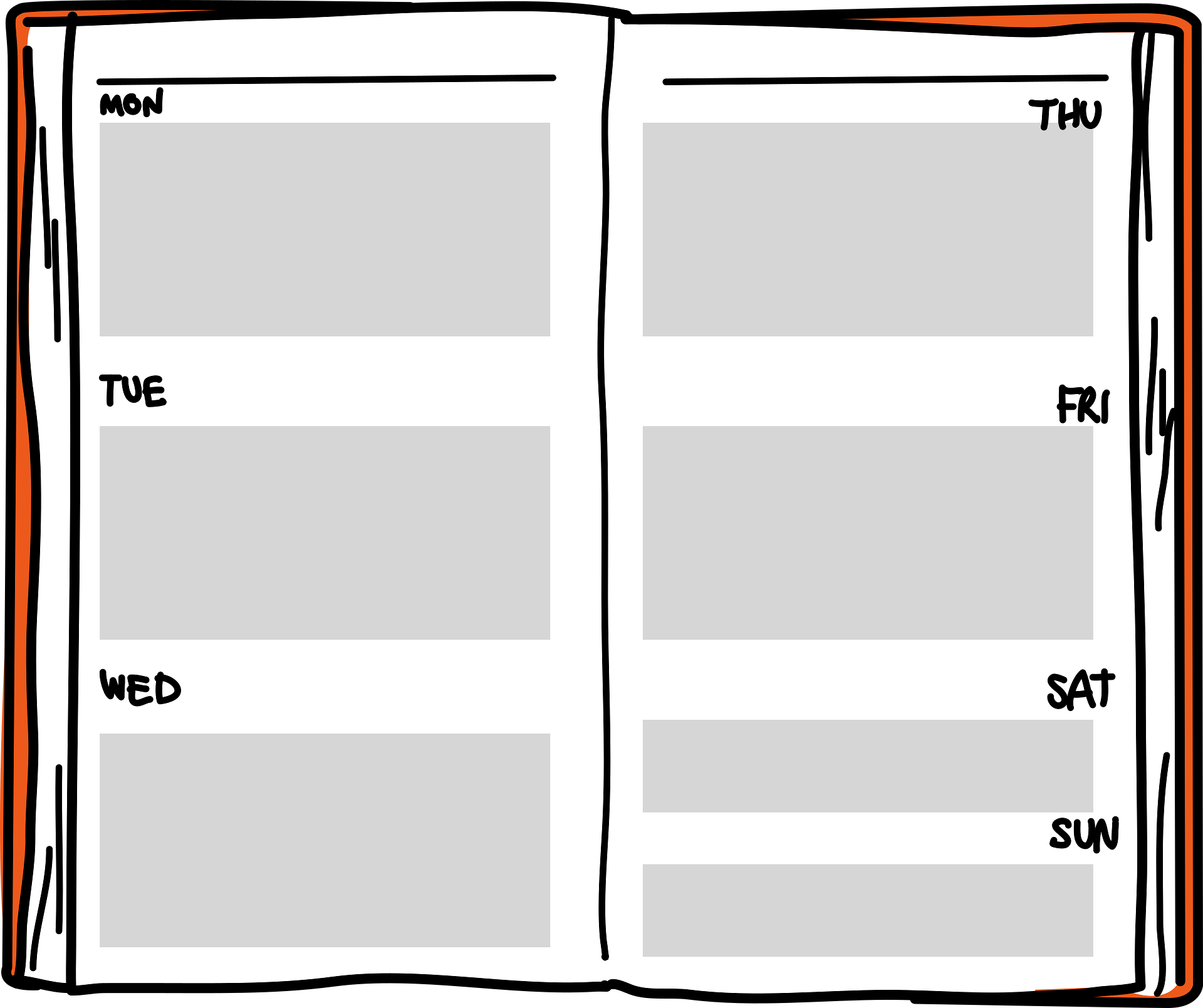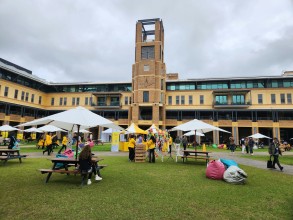News & Blogs
Balancing Work and Study: Part-Time Job Opportunities for Students Abroad

The Need for Part-Time Jobs While Studying Abroad
Studying abroad can be quite expensive, and many do part-time jobs to help pay for things like food, rent, and travel. Part-time jobs also help students to gain new experiences and learn new skills that will be quite useful for them in the future.
Why Do Students Get Part-Time Jobs?
- Paying for expenses: Part-time jobs help cover living costs while studying abroad.
- Learning skills: Jobs teach valuable skills like teamwork and customer service and grow your personality as a whole.
- Work experience: Having a job abroad looks good on your resume and helps in your future career searches.
How Can a Study Abroad Consultancy in Nepal Help in Part-time Jobs?
Consultancy in Kathmandu like our Global Education Counselling Centre can guide you in finding part-time jobs abroad. We can help you to understand the local job market layout and visa rules. We can also make sure that you are aware of how many hours you’re allowed to work on your student visa along with other relevant important information, ultimately making sure that you are fully ready in getting that part-time abroad without any difficulty.
Common Part-Time Job Opportunities for Students Abroad

When studying abroad, there are many part-time job opportunities that allow you to earn quick cash while managing your studies. These jobs provide you with flexibility, so that you can work around your class schedule and gain valuable experience along with enough money to spend on your studies, food and rent.
Types of Part-Time Jobs for Students
- Retail Jobs: Many students work in stores or shopping malls as part-time jobs. These jobs mainly involve helping customers, stocking up shelves, or working at the cash register. Retail jobs are quite common and provide more flexible hours.
- Hospitality Jobs: Doing hospitality jobs like working in restaurants, cafes, or hotels is another great part-time job option. You might find a job like waiter, barista, or receptionist. These jobs help you improve communication skills significantly and you also get to work with people from different cultures which is quite an important skill for your future career.
- Tutoring: If you're good at a subject and are also good at English, tutoring other students can be another part-time jobs you can do. You can help other students with their studies and get quite good pay for it. Some universities also provide tutoring positions to help students with specific subjects.
- Internships: Many students also find and do part-time internships that are related to their field of study. Internships are a great way to gain work experience in your future career while still studying which will drastically increase your chance of getting your dream job abroad.
- Freelancing: If you have skills like writing, graphic design, or web development, you can also try doing freelance work. Many students choose to work remotely, which gives them more room to balance work and study properly and easily.
How a Study Abroad Consultancy in Nepal Can Help
Consultancy like our Global Education Counselling Centre can guide you in finding part-time job opportunities in the country you’re studying in. We can also help you understand local job markets properly, visa restrictions, and the best ways to apply and look for jobs.
Balancing Part-Time Job and Study: Tips for Success

Studying abroad while working part-time can be a great way to earn money and gain necessary experience. However, it’s quite important for you to manage your time quite carefully to make sure you can do well in both your studies and your job.
Here are some tips to help you balance part-time jobs and study effectively.
Time Management is Key
- Create a schedule: Make a proper weekly schedule that includes time for studying, work, and leisure. Plan ahead for exams or big projects so you can adjust your work hours when needed.
- Prioritize your studies: Your main priority should be on your education. If you have an important exam or assignment to complete then let your employer know that you might need to reduce your hours due to study.
- Use free time wisely: During breaks between classes or after work, use the time to study or complete assignments.
Know Your Work Limits
- Understand visa rules: Many countries have restrictions on how many hours you can work as a student. Make sure you know the maximum number of hours allowed on your student visa. A study abroad consultancy in Nepal like our Global Education Counselling Centre can help you understand these rules and avoid any legal issues that may arise.
- Don’t overwork yourself: It’s important for you to not to take on too many work hours, as this can affect your academic performance and also make you sick, working to earn money is absolutely fine and you should do it but make sure to do it in a limit, as if you become sick it will be really difficult as there will be no one to take care of you properly. So stay healthy and avoid burnout by keeping a balanced workload.
Take Care of Yourself
- Get enough rest: Rest is very important for both your studies and your job. Make sure to get enough proper sleep of about 6-8 hours and take care of your health to stay focused and productive and don’t get sick.
- Ask for help if needed: If you’re struggling to balance work and study, you can try talking to your employer or academic advisor.
Conclusion
Balancing work and study while abroad is possible if you plan ahead, manage your time properly and smartly, and stay organized. A top consultancy in Kathmandu like our Global Education Counselling Centre can help you navigate the difficulties and make the most of your time abroad.
Legal Considerations and Work Restrictions while Doing Part-Time Jobs Abroad

When working part-time while studying abroad, it’s important to follow the laws in the country you’re studying in. Every country has different rules about how many hours international students can work, and breaking these rules can lead to problems with your visa which you willn’t want to face.
Here’s what you need to know about legal considerations and work restrictions.
Know Your Student Visa Rules
- Work hour limits: Most countries limit the number of hours international students can work each week. For example, in many European countries, students are allowed to work up to 20 hours per week during term time and full-time during breaks. Check your student visa conditions to find out the exact limits about how much you as a student can work. Consultancy in Kathmandu like our Global Education Counselling Centre will help you understand all these rules properly before you leave.
- Work during holidays: During university holidays, some countries allow students to work full-time, while others might still limit the number of hours. Be sure to check the work regulations for breaks and holidays to make sure that you are following the law properly.
Understand the Types of Part-Time Jobs You Can Do
- Restricted jobs: In some countries, there are specific jobs that international students cannot do. For example, working in certain industries like adult entertainment or jobs that require specific qualifications might be restricted.
- Off-campus vs. on-campus jobs: Some countries allow students to work only on-campus during the academic term. Others allow off-campus work with permission.
Consequences of Breaking the Rules
- Visa problems: If you work more hours than allowed or do a job that’s not permitted, and are found then you could face penalties like losing your student visa. This could mean having to leave the country or even being banned from returning which will not only cause you to lose the time spent but also too much money that was spent to reach there. So always follow the rules and keep track of your work hours.
- Financial penalties: In some countries, you may face fines if you break work rules. This could affect your budget and make your time abroad more stressful due to lack of funds.
How a Top Consultancy in Kathmandu Can Help
A consultancy in Kathmandu like our Global Education Counselling Centre can help you understand the legal work restrictions in the country you’re planning to study in. We will guide you on how to find jobs that comply with your student visa rules and how to manage your work hours responsibly.
Benefits of Part-Time Jobs for Students Abroad

Getting a part-time job while studying abroad provides many benefits beyond just earning extra money. These jobs can help you grow personally and professionally, and make your time abroad even more rewarding in the future.
Financial Benefits
- Covering living costs: The main reason students work part-time while studying abroad is to help with their living expenses. Whether it's for rent, food, or entertainment, a part-time job can make it easier to manage your finances and reduce the pressure on your savings or loans.
- Saving money: If you’re careful with how you spend, you can save some of the money you earn. This can help you cover unexpected expenses that may happen , allow you to travel and explore more during your time abroad, even send your family your hard earned money and make them happy.
Professional Development
- Work experience: Having a part-time job gives you valuable work experience, which is very important for your future career. Whether you’re working in a café, store, or internship, you’re learning essential skills like communication, teamwork, and problem-solving that will help you when you look for a full-time job after graduation.
- Improved CV: Employers mostly look for candidates who have work experience, even if it’s just part-time. By working while studying abroad, you can make your resume stand out more and show that you are proactive, ready, dedicated and better than others.
Personal Growth
- Cultural experience: Working in a foreign country lets you interact with people from different cultures. This experience helps you build your social skills and become more comfortable in different environments. It also helps you learn the local language or improve your language skills if you’re studying in a non-English-speaking country.
- Building a network: A part-time job can help you build a professional network that might lead to full-time job opportunities in the future. Building a network in today’s world is quite crucial especially if you also want to start your own business or find a job later on. You’ll meet people who can provide you with advice, support, and maybe even help you find more opportunities after you finish studying.




